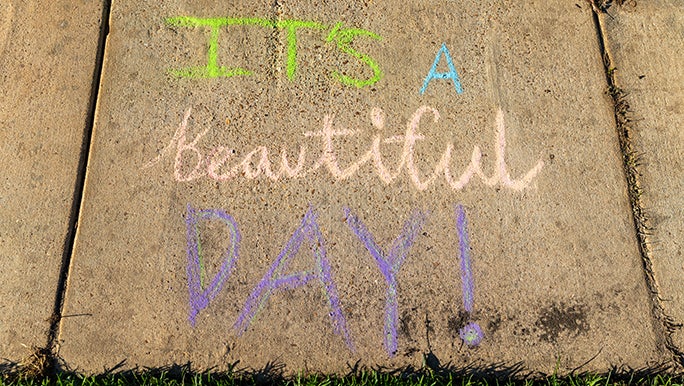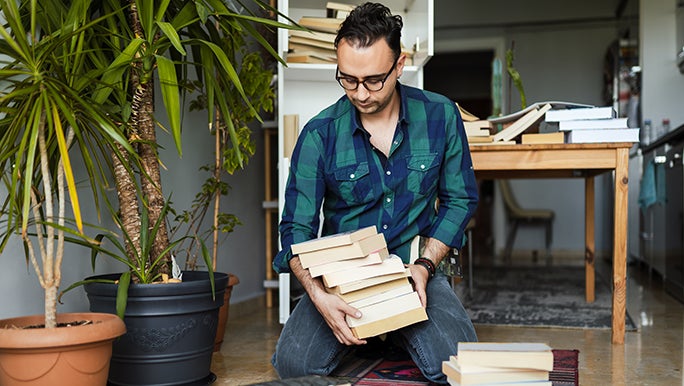Key points
- Decluttering has been embraced by Australians.
- Some people enjoy the outcome, rather than the process, of decluttering.
- For people with emotional attachment to their clutter, decluttering may be quite stressful.
The rise in popularity of cleaning, organising and decluttering media is hard to miss. TV shows on organising are popping up, tidying books are making bestseller lists and stores can’t keep up with demand for clear containers.
Whatever the driving force behind the movement, it’s hard to deny that it’s happening. And Australians are embracing the decluttering trend. But why does it feel so good?
Clutter is a spectrum
For many people, living in a tidy home may contribute to a more regulated mental state with lower levels of stress hormones. But the actual state of the house has less impact on stress hormones than the homeowner’s opinion about the state of the house.
Why? Because just like every aspect of life, people are all unique. We enjoy different foods, listen to different music and have different tolerances for things – like visual clutter.
So, why does decluttering feel so good? The answer is it actually doesn’t feel good for everyone. For some, it does nothing. And for those with emotional attachments to their clutter, it may be quite stressful.
But for those who do enjoy a good cull – here’s why.

Performing acts of kindness for seven days may help boost happiness and well-being.
Tidy houses may have positive physical and wellness outcomes
There have been some interesting studies on the health implications of mess:
- A 2016 study found that people with cluttered or ‘chaotic’ kitchens were more likely to make bad food choices.
- Clutter and high levels of procrastination were found to be linked.
- People with tidy homes were more likely to report high levels of physical activity and fitness. And the link between physical activity and stress is well documented.

Organising and tidying have been found to offer wellness and health benefits.
So, it’s outcome, not process
Anyone who has either tried to tackle the ‘problem wardrobe’ or completely embraced minimalism (with children, especially) knows that the process of decluttering can be draining and stressful. But the outcome can be glorious.
And it’s probably because of the reasons above. Outer order, completed to-do lists and a bit of physical activity seem to lead to inner calm.
How do you convince someone to declutter?
Personal journeys are just that – personal. Unfortunately, there’s no proven way to convince someone to declutter their space. But what you can do is:
- declutter your own belongings and reap the benefits
- offer to help in a non-judgemental way
- accept that people have different tolerance levels for mess
And besides, it’s thought that people with messy desks are more creative.
Related:
Reviewed by the healthylife Advisory Board August 2021.


